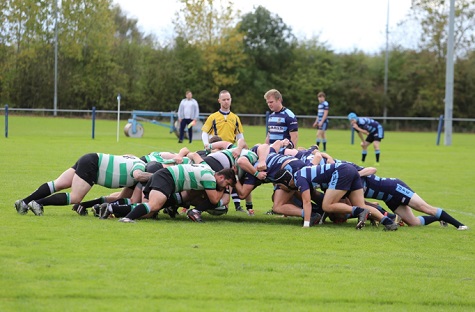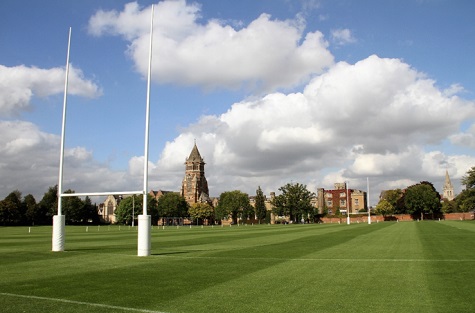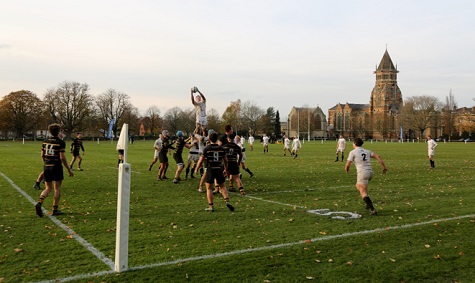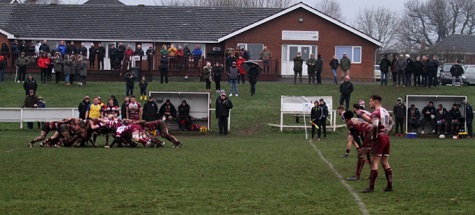
TurfPro editor, Laurence Gale, writes . . .
I am an ex-rugby player and coach who was totally committed to the game for many years, playing in what I call the halcyon years of rugby, in the 1970s and 80s when the game was an amateur sport.
The loyalty and camaraderie of players to their clubs was immense. Clubs were running between three and six sides back in the day. However, since the formation of league tables in 1990s, the game of rugby has seen a steady decline in participation.

We now have clubs that previously ran six adult teams, now lucky to field two teams. There are many factors that contribute to this, not least priorities in life chaging, especially post-Covid.
Only this week my old junior club, Woodrush, were due to play Kings Norton RFC but sadly the game was called off because Kings Norton were unable to field a team. And they are not alone; Old Wheatleyans and Coventrians, two clubs in a league higher than woodrush and Pershore, have also encountered the same issues - and we are only in September! We do not rejoice in their demise but empathise with their plight. All clubs are on a knife edge, continually fighting for survival.
I believe the decline of grassroots rugby can be attributed to a combination of social, economic, and cultural factors. Here are some of the key reasons I can think of:

I recently read with interest, a post on our Local OLE Counties Facebook page by Paul Bolton some interesting facts about the loss of adult teams and clubs. It is quite staggering in the Midlands area alone.
Paul stated “I don't have access to the RFU's GMS system or the rather fanciful stats that Twickenham churn out telling us that rugby has never been in a healthier state.
“But I do have access to Midlands Counties Yearbooks going way back. The last of them was published for the 2001/02 season and it lists all clubs in East Mids, Leics, Notts Lincs & Derbys, Staffs, Warwicks and North Mids whether they were playing league matches or just friendlies.
“It also details the number of senior adult male teams they were fielding at that time. I've compared those figures with the number of teams listed on each club website today to give a comparison.
“This research shows that 31 clubs - all below Championship level - have folded and just six new ones have been formed. The loss of those 31 clubs means that 53 adult teams have gone with just seven teams coming from the six new clubs.
“But when you look at the figures for clubs who are still playing today 255 adult male teams have been lost and just ten new ones have been formed in the last 22 years.
“So more than 300 adult male teams have gone since 2002 and only 17 new ones have emerged.”

This is similarly backed up in another article I read entitled Rapid decline in numbers shows that ‘coarse’ rugby is ‘at risk’.
For me personally, the formation of the leagues at grass root level rugby has not helped clubs in the long run. Especially when first team players expect to be paid and have their memberships fees and subs paid. A big financial burden on many clubs.
I believe we need a new league structure that perhaps sees the top four leagues (Premiership, Championship and maybe two other reformed leagues) allowed to pay players, with the rest of the leagues being amateur - but with good incentives / prizes for clubs who win their league.

We also need to see increased investment; local clubs need more financial and infrastructural support from governing bodies.
Engaging communities and schools to introduce rugby at a younger age can help boost interest.
Clearer guidelines on injury prevention and improved medical support can help reduce fears about safety.
Developing programs to keep older players, volunteers, and coaches involved will ensure continuity.
Let’s hope we see a new generation take up this wonderful sport in the coming years, which should hopefully halt the demise and closure of these valuable community assets.